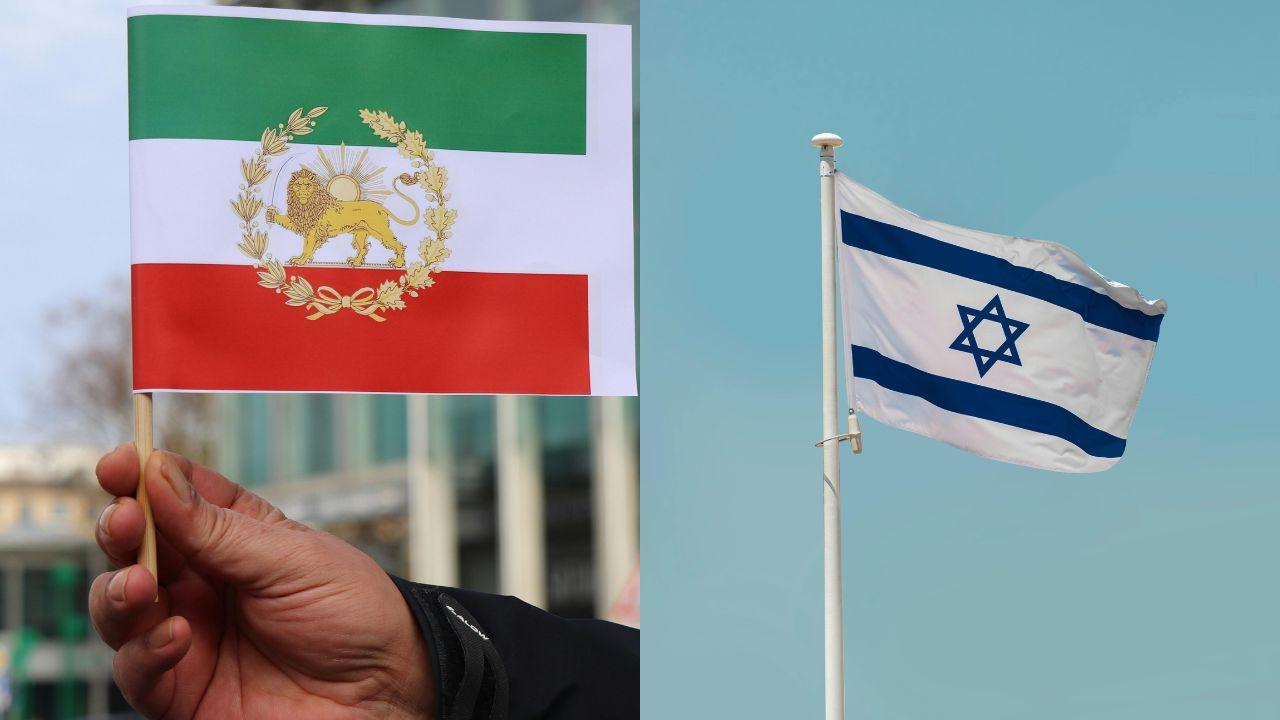Oil rises, US futures dip as Israel urges Tehran evacuation
The evacuation warning was for a part of Tehran, a city of 9.5 million, that houses the country`s state TV and police headquarters and three large hospitals, including one owned by Iran`s paramilitary Revolutionary Guard. US President Donald Trump announced he was returning from the G7 summit in Canada a day early due to the intensifying conflict

Oil prices resumed their upward climb and US futures were lower early Tuesday after Israel`s military issued an evacuation warning to 330,000 people in Iran`s capital Tehran. Asian shares were mixed.
The evacuation warning was for a part of Tehran, a city of 9.5 million, that houses the country`s state TV and police headquarters and three large hospitals, including one owned by Iran`s paramilitary Revolutionary Guard. US President Donald Trump announced he was returning from the G7 summit in Canada a day early due to the intensifying conflict.
The futures for the S&P 500 and the Dow Jones Industrial Average were down 0.3 per cent.
In Asia, Tokyo`s Nikkei 225 index climbed 0.6 per cent to 38,547.56 as the Japanese central bank opted to keep its key interest rate unchanged at 0.5 per cent.
The Bank of Japan has been gradually raising its rate from near zero and cutting back on its purchases of Japanese government bonds and other assets to help counter inflation. It said economic growth was likely to moderate and there was some weakness in consumer sentiment, housing investment.
"In particular, it is extremely uncertain how trade and policies in each jurisdiction will evolve and how overseas activity and prices will react to them," the BOJ`s statement said.
Chinese shares edged lower. In Hong Kong, the Hang Seng slipped 0.1 per cent to 24,038.56. The Shanghai Composite index declined 0.2 per cent to 3,382.14.
In South Korea, the Kospi gained 0.4 per cent to 2,956.88.
Australia`s S&P/ASX 500 gave up 0.1% to 8,543.60. Taiwan`s Taiex gained 0.6 per cent and in Bangkok, the SET was little changed.
As Israel and Iran attack each other, the fear remains that a wider war could constrict the flow of Iran`s oil to its customers. That in turn could raise gasoline prices worldwide and keep them high, though spikes in prices from previous conflicts have been brief.
Crude jumped 7 per cent late last week after Israel`s attack on Iranian nuclear and military targets. Early Tuesday, US benchmark crude oil gained 31 cents to 72.08 dollars per barrel, while Brent crude, the international standard, was up 33 cents at 73.56 dollars per barrel.
On Monday, the mood was calm on Wall Street, as the S&P 500 climbed 0.9 per cent to reclaim most of its drop from Friday. It closed at 6,033.11. The Dow Jones Industrial Average added 0.8 per cent to 42,515.09, and the Nasdaq composite gained 1.5 per cent to 19,701.21.
US Steel rose 5.1% after Trump signed an executive order on Friday paving the way for an investment in the company by Japan`s Nippon Steel. Trump would have a unique influence over the operations of US Steel under the terms of the deal.
They helped offset drops for defence contractors, which gave back some of their jumps from Friday. Lockheed Martin fell 4 per cent, and Northrop Grumman sank 3 per cent
The price of gold receded after jumping on Friday, when investors were looking for someplace safe to park their cash. An ounce of gold fell 14.60 dollars to 3,402.40 dollars per ounce.
Investors have other concerns, key among them Donald Trump`s tariffs, which still threaten to slow the US economy and raise inflation if Washington doesn`t win trade deals with other countries.
The spectre of tariffs was looming over the meeting of the Group of Seven meeting of major economies in Canada.
Later this week, the Federal Reserve is set to discuss whether to lower or raise interest rates, with the decision due on Wednesday. The nearly unanimous expectation among traders and economists is that the Fed will stand pat.
The Federal Reserve has hesitated to lower interest rates after one cut late last year. It is waiting to see how much Trump`s tariffs will hurt the economy and raise inflation, which has remained tame recently, and is near the Fed`s 2 per cent target.
More important for financial markets on Wednesday will likely be forecasts for where Fed officials see the economy and interest rates heading in upcoming years.
In other dealings early Tuesday, the US dollar fell to 144.59 Japanese yen from 144.75 yen. The euro rose to 1.1564 dollars from 1.1562 dollars.
This story has been sourced from a third party syndicated feed, agencies. Mid-day accepts no responsibility or liability for its dependability, trustworthiness, reliability and data of the text. Mid-day management/mid-day.com reserves the sole right to alter, delete or remove (without notice) the content in its absolute discretion for any reason whatsoever

 The Insiders
The Insiders 





